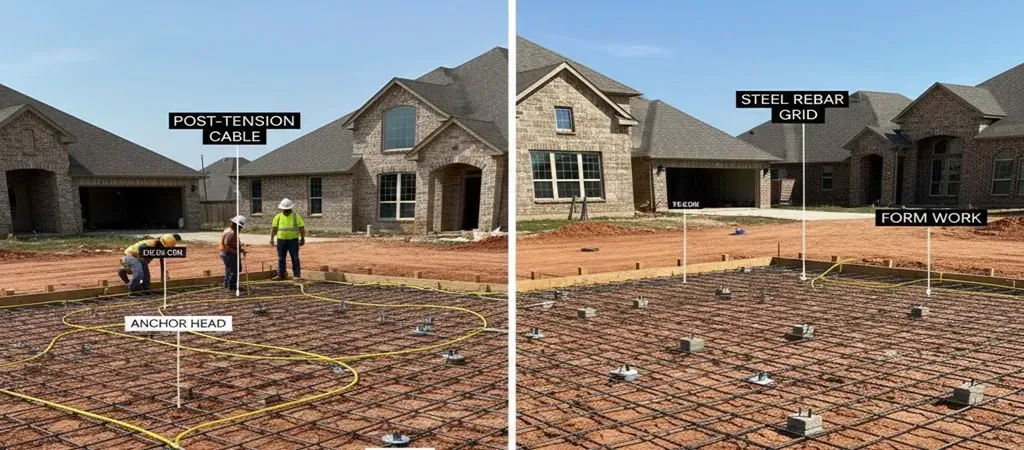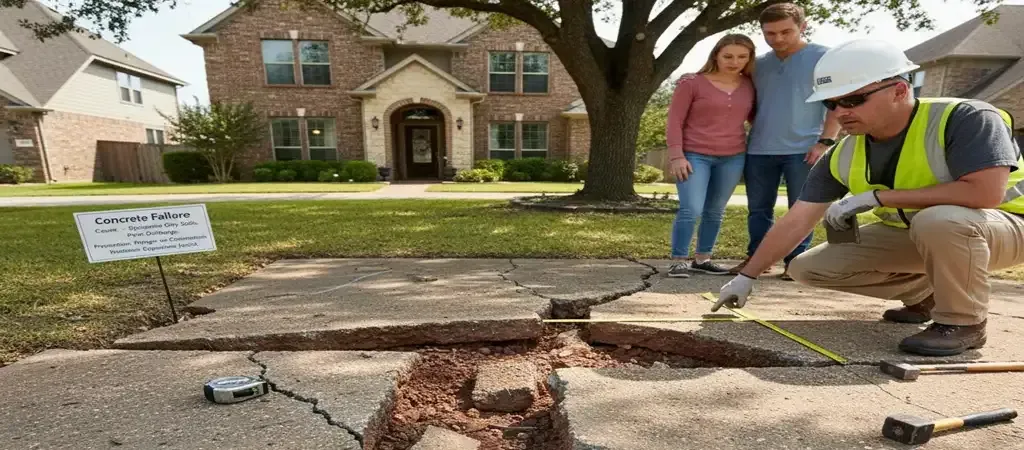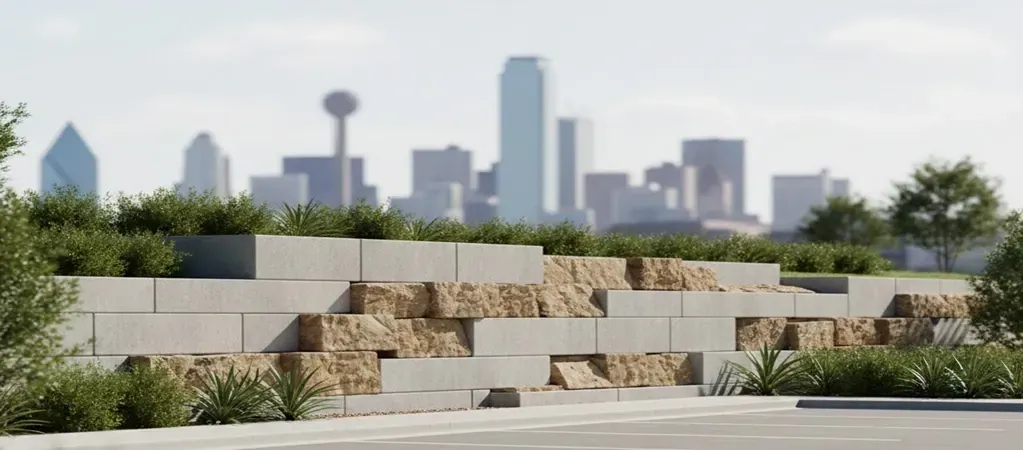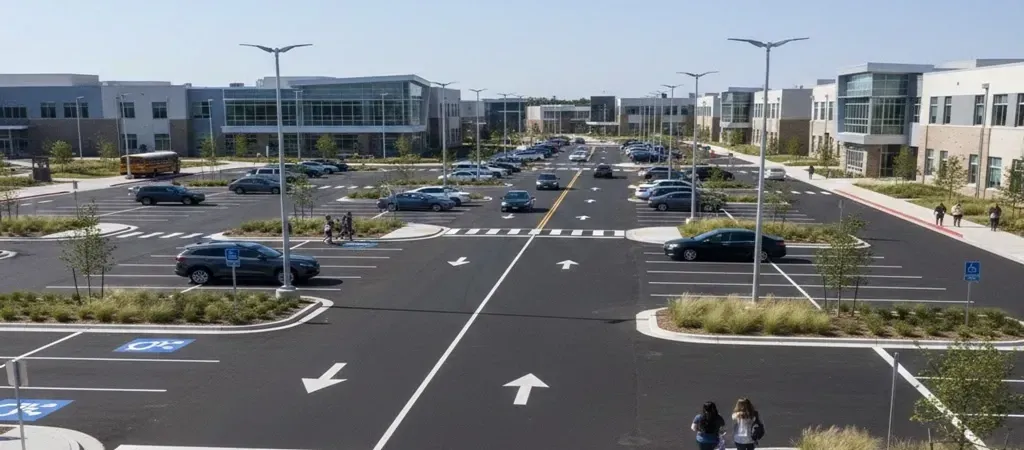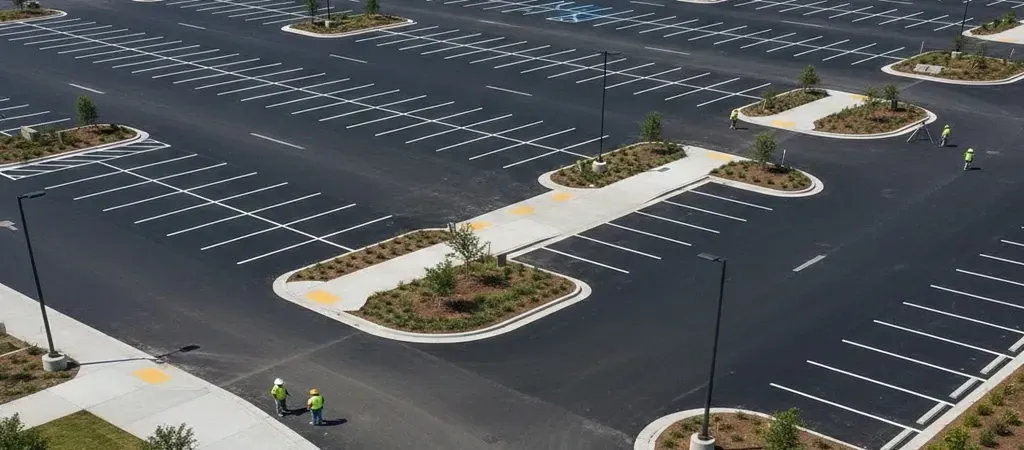Are School Parking Lots Considered Private Property?
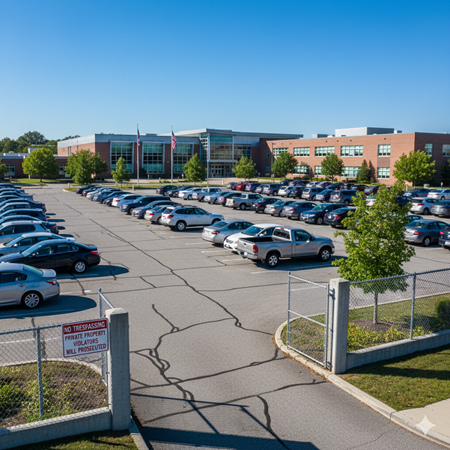
If you pull up in a school parking lot every morning, thinking: “Is this public space, or am I technically on private property?” you’re in the right place.
More than 50% of US students typically reach school using private cars. With so many vehicles entering school grounds, questions about ownership and access rights can affect daily life.
So, are school parking lots considered private property? The short answer is: it depends. Factors like ownership, rules, and local laws can alter the answer under different circumstances.
In this article, we’ll look into who owns school parking lots, how laws treat access, and what privacy rights may exist. We’ve also offered practical advice on navigating this space.
Who Actually Owns School Parking Lots?
In the case of public schools, the land and facilities usually belong to the school’s district or local government. That makes them “publicly owned”, but this does not mean that anyone can drive in and use the space like a city park. Students, staff, and authorized visitors are allowed to park.
Private schools are more straightforward. The lots are owned by the private school, just like any other private business or organization.
Are School Parking Lots Public, Private, or Something in Between?
Here’s where things get a bit complicated. Even if a school parking lot is publicly owned, the space isn’t open to everyone.
The concept of an “implied license” helps explain this. Visitors are allowed to enter and use it if they follow the rules. Typically, students, staff, and authorized guests fall under this implied license. Others may need explicit permission to enter.
From a legal perspective, spaces are categorized based on how the public can use them. A public forum, like a park, is open to everyone without restrictions. Limited-purpose property, such as a government building, allows access only for specific people. Most school parking lots fall under the limited-purpose category.
In this case, schools maintain control over who can park and when. They often require signage, permits, or barriers to manage access.
Verdict: School parking lots operate somewhere between fully public and fully private property.
Trespassing
Trespassing occurs when someone enters or remains on property without permission, especially after being clearly notified that access is restricted.
Notices like “Permit Parking Only” or “No Trespassing” provide legal grounds for enforcement. Primarily, this acts as a signal to drivers that the mentioned rules must be followed.
To enforce these rules, schools often use several tools. For example, staff can issue warnings to unauthorized vehicles or contact local law enforcement if required.
Private schools, meanwhile, operate like landlords. They grant or restrict access as they see fit.
All in all, clear signs not only protect the property but also ensure student safety.
Students, Vehicles, and Searches: The Privacy Issue
School parking lots are part of the school environment. Therefore, parking an unauthorized car can affect the privacy rights of students. This comes from previous Supreme Court decisions that balance student safety with individual rights.
One relevant case is New Jersey v. T.L.O. (1985). It established that school searches must be reasonable in scope and justified at the outset.
Another crucial case is: Vernonia School District v. Acton (1995). It allowed random drug testing for student athletes. This showed that schools can impose strict oversight when safety or discipline is at stake.
Vehicles in school parking lots are often treated as “lockers on wheels”. Courts generally rule that if there is a reasonable suspicion of a violation of school rules or the law, school officials may search a student’s car.
Many school parking permits include clauses that explicitly allow searches of vehicles on campus. This way, students are informed that parking on school grounds comes with the understanding that their vehicles are subject to inspection.
Conclusion
So, are school parking lots considered private property?
The answer is not simple. It purely depends on ownership and access rules.
Publicly owned parking lots seem open. However, restrictions, signage, and policies of the schools often make them function like private property too. For private schools, the rules are even clearer: parking lots are privately owned.
For students, parents, and other visitors, the best bet is to treat all lots as semi-private spaces. Doing so ensures safety and avoids legal or disciplinary issues.
